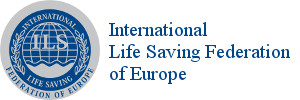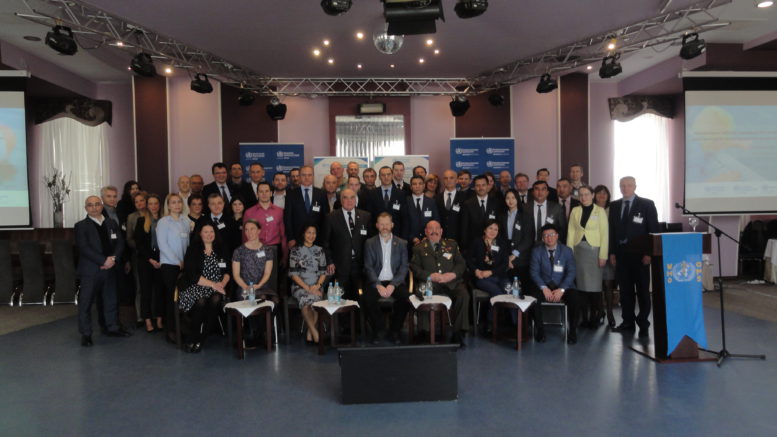Regional WHO Workshop on scaling up drowning prevention in high burden countries in Europe
Four years ago ILSE contacted WHO Europe for common action in those European countries with the highest drowning rates. Now it was possible to realize this idea. WHO Europe has invited governmental representatives of the high burden countries to a regional WHO workshop on scaling up drowning prevention in Europe from 25 – 28 February 2020 in Minsk /Belarus. ILSE and ILS representatives were invited too to report about good practice in their countries. So experts of the lifesaving federations of Denmark, Finland, Germany, Ireland, Latvia Norway and also of Australia and of the RNLI and ROSPA were present.
The Regional WHO Office for Europe noticed that in Europe there are countries with very low drowning rates s and one the other hand countries with very high drowning rates. Drowning is a multisectoral issue an some of the drowning prevention strategies have been successfully adapted across various resource settings. In line with WHO European strategy which highlights the importance of intersectoral work, the WHO Regional Office for Europe and the Ministry of Health of Belarus organized that capacity building workshop for the prevention of drowning among the highest 15 burden countries in the Region namely: Azerbaijan, Belarus, Estonia, Georgia, Kazakhstan, Kyrgyzstan, Latvia, Lithuania, Republic of Moldova, Romania, the Russian Federation, Tajikistan, Turkmenistan, Ukraine and Uzbekistan. The workshop convened key intersectoral ministries, international drowning prevention experts and other partners.
Drowning is a serious public health threat claiming the lives of over 370.000 people a year worldwide including about 35.000 victims in the European Region. Drowning is preventable! But lack of barriers controlling exposure to water bodies and lack of adequate, close supervision for infants and young children are a drowning risk, as are poor swim skills and low awareness of water dangers. In addition, high-risk behaviour, including consuming alcohol while engaging with water, is a risk among young people and adults. Other risk factors are transport on water and water crossing, lack of safe water supply and flood disasters.
The workshop also highlighted the collection of data and responses to the national situational assessment of drowning prevention activities, including strategy and targets; data systems to capture fatal and non-fatal drowning events; legislation and regulation; and interventions for drowning prevention.
WHO usually works only with governments, but in this workshop NGO`s under the roof of ILS successfully working on life saving and search and rescue in Europe were invited and asked to moderate the discussions. WHO noticed that the members of ILSE have the expertise to give advice to all the problems explained by the participants. After many presentations und fruitful talks ILSE will work on this issue in future.
The Lifesaving Federation of Belarus OSVOD offered a visit at their lifeguard station in Minsk and demonstrated rescue operations and a swim in the 4°C cold water. First contacts to a possible new member of the lifesaving family had been made.

